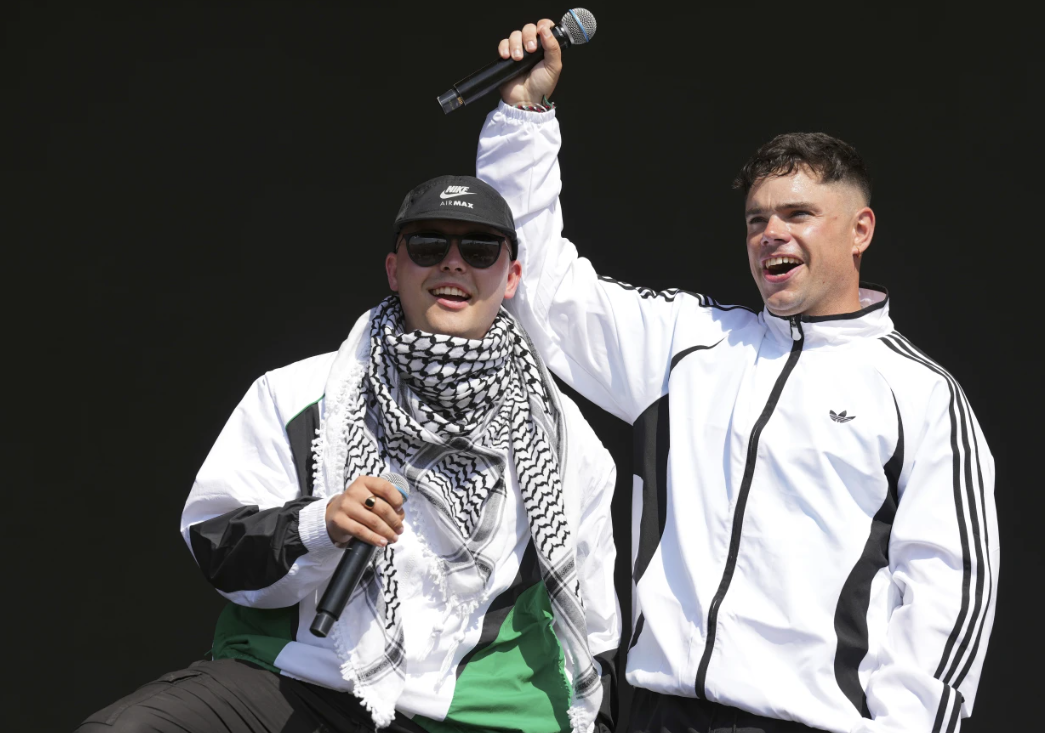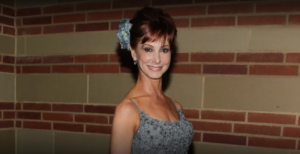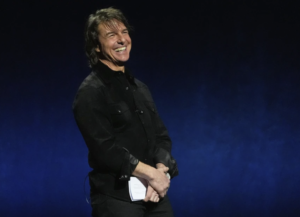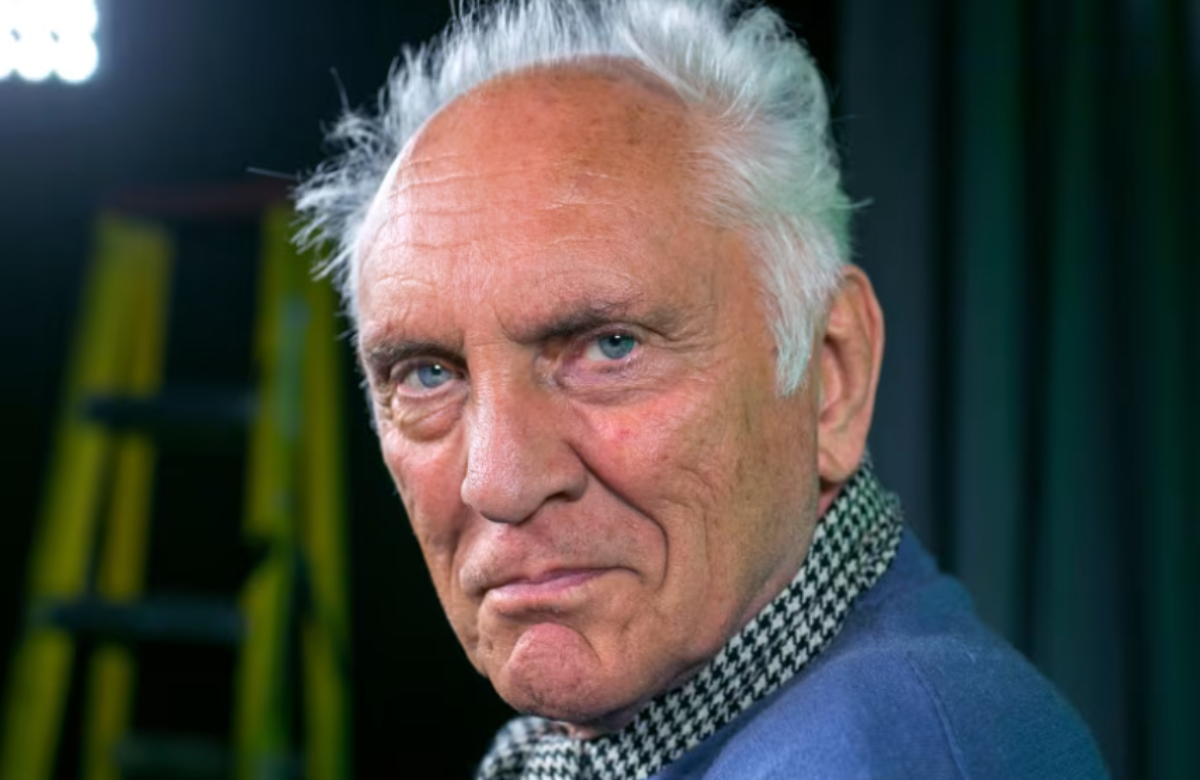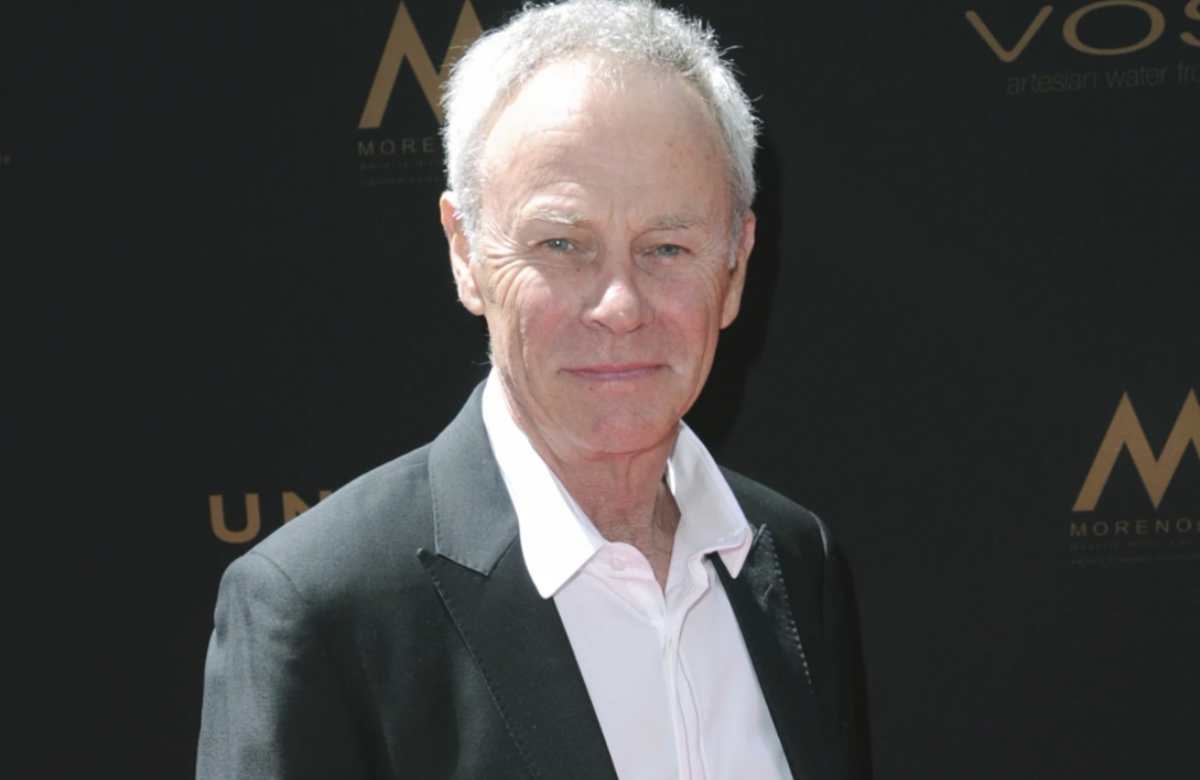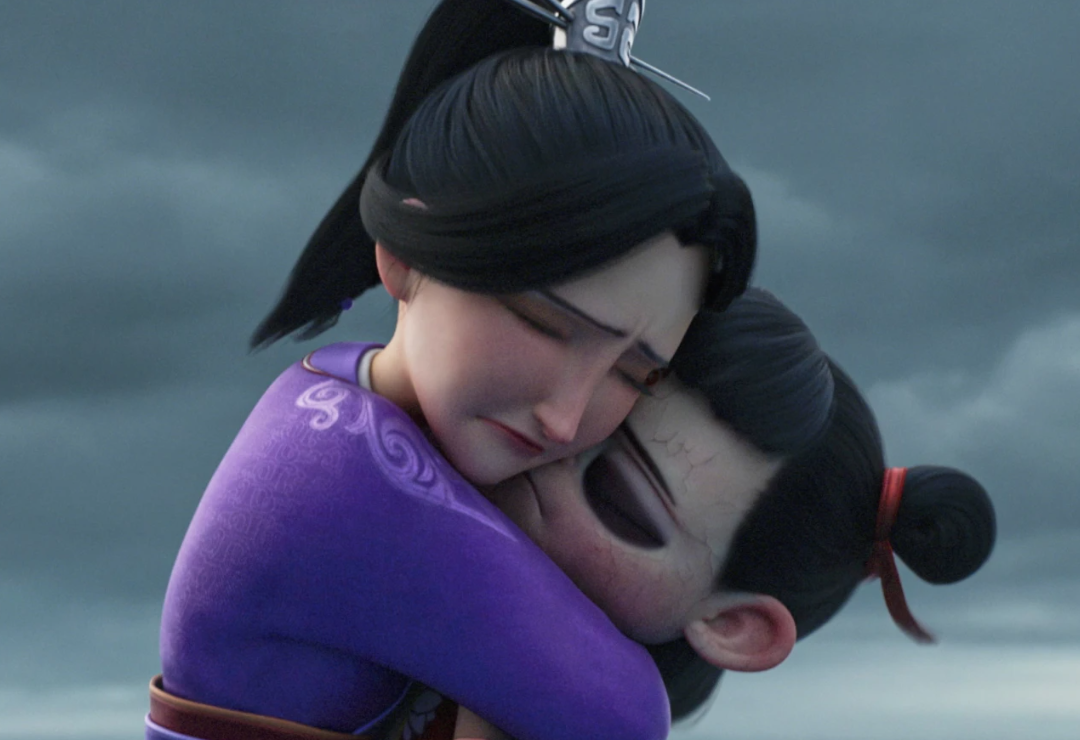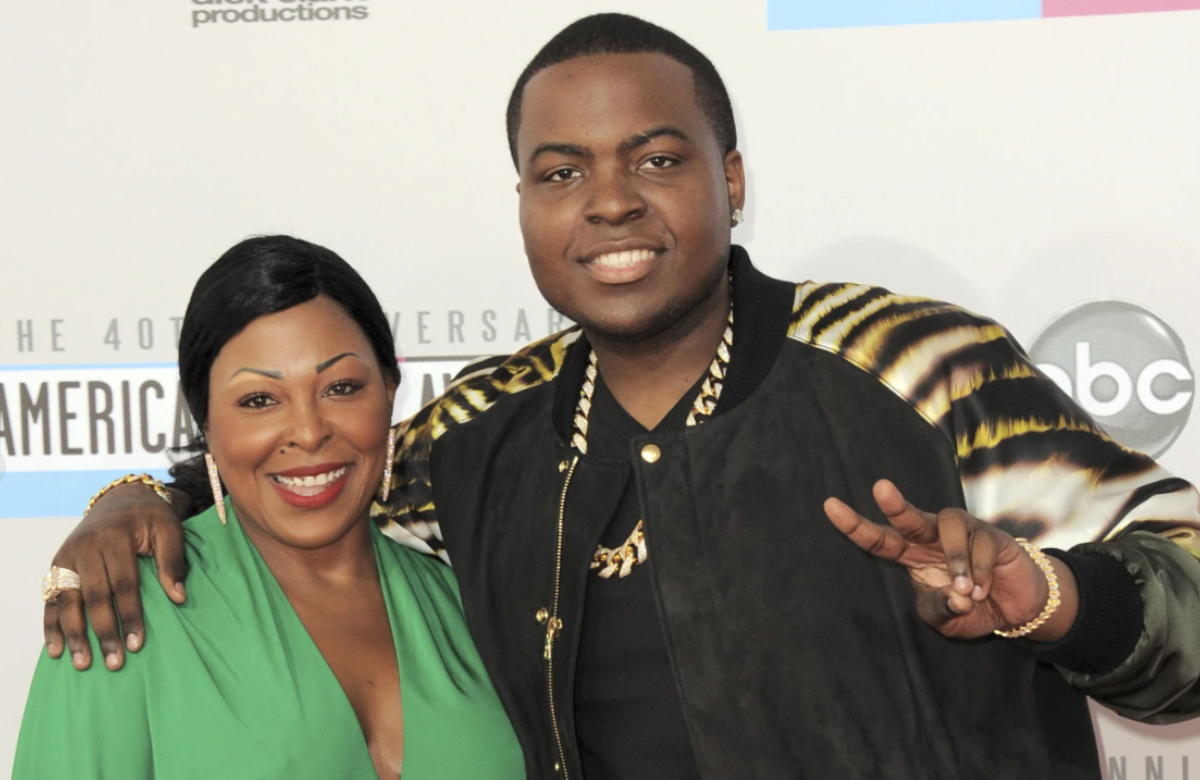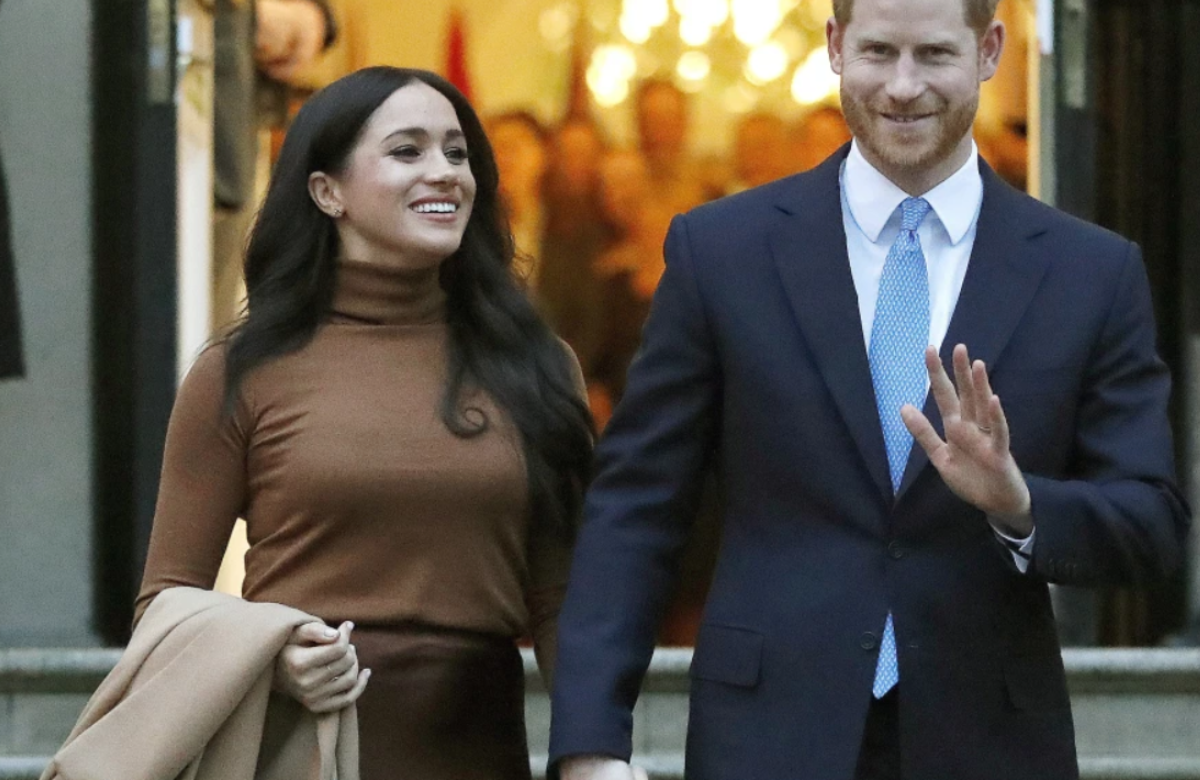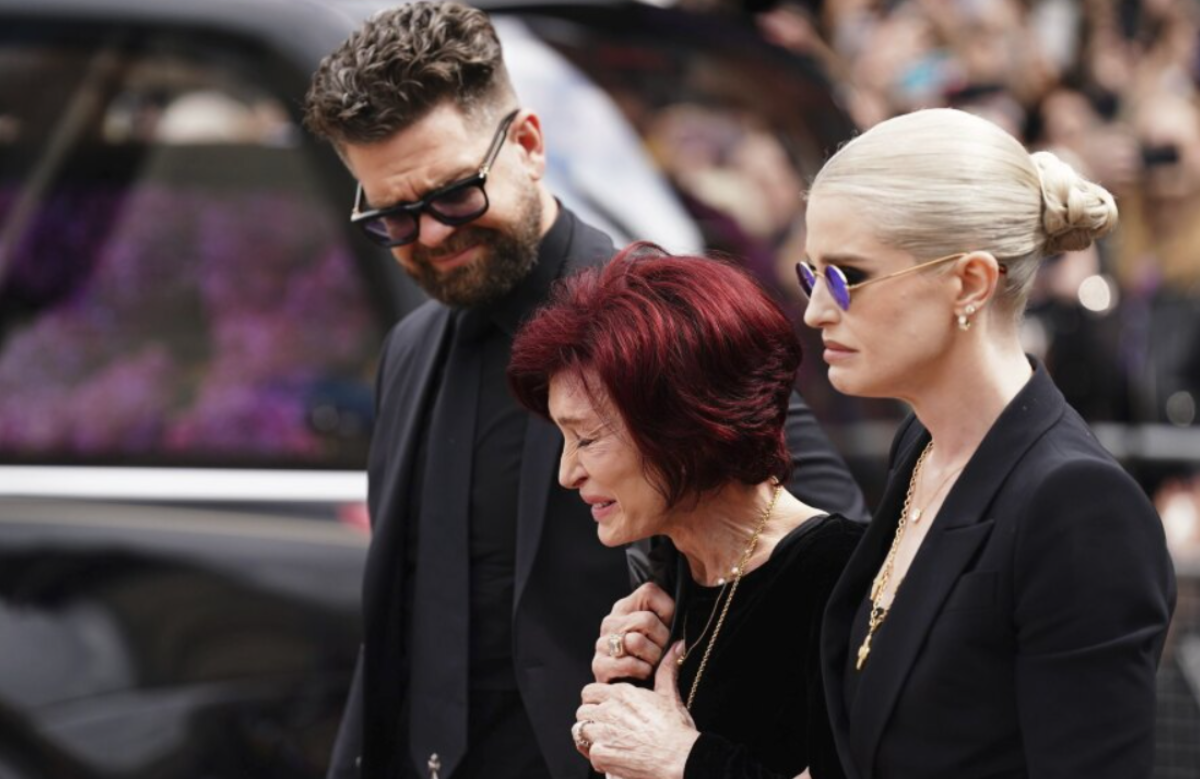Irish-language rap group Kneecap delivered a fiery, politically charged performance to tens of thousands of fans at Glastonbury Festival on Saturday, even as they face heavy criticism from British politicians and legal trouble for one of their members.
Liam Óg Ó hAnnaidh, who performs under the name Mo Chara, is facing a charge under the U.K.’s Terrorism Act for allegedly displaying a Hezbollah flag during a London concert in November. Charged under the anglicized version of his name, Liam O’Hanna, he is currently out on unconditional bail and due to appear in court again in August.
“Glastonbury, I’m a free man!” Ó hAnnaidh proclaimed as the trio took the stage at the West Holts field, which can hold around 30,000 people. Dozens of Palestinian flags waved in the packed crowd, as the performance opened with a dramatic audio montage featuring clips of media commentary and political criticism directed at the group.
Known for their high-energy shows and politically loaded lyrics, the group whipped the crowd into chants of “Free Palestine” and “Free Mo Chara,” while also leading an expletive-laced chant targeting U.K. Prime Minister Keir Starmer. Starmer previously stated that Kneecap’s inclusion at the festival was “not appropriate.”
The group thanked Glastonbury’s organizers, Michael and Emily Eavis, for standing by them amid pressure to cancel their appearance. They also voiced support for Palestine Action, a protest group targeted for a potential ban by the British government under terrorism laws, after members vandalized military aircraft on a Royal Air Force base.
Kneecap, based in Belfast, is known for satirical and rebellious lyrics and for drawing from Irish republican imagery, reflecting a vision of a united Ireland. The band’s name references a violent punishment used by paramilitary groups in Northern Ireland, in which individuals were shot in the knee as retribution.
The group has frequently sparked backlash for provocative lyrics, drug references, and political messaging — especially after footage circulated online reportedly showing them chanting support for Hamas and Hezbollah, and making incendiary comments about lawmakers. While critics have accused them of promoting extremism, the members insist they neither support those groups nor advocate violence. Ó hAnnaidh has stated that he picked up the Hezbollah flag without knowing its meaning, claiming it had been thrown onstage by a fan.
Kneecap argues the backlash is part of a broader attempt to silence their vocal support for Palestine, especially amid the ongoing war in Gaza. Their recent appearance at California’s Coachella Festival — where they accused Israel of committing genocide with U.S. backing — triggered calls for their American visas to be revoked.
In the wake of the controversy, several of the group’s performances have been canceled. The BBC, which covers much of Glastonbury’s programming, chose not to broadcast Kneecap’s set live, but indicated it would make their performance available later through its digital platforms.
Glastonbury has drawn around 200,000 attendees this year to Worthy Farm in southwest England, where nearly 4,000 acts are performing across more than 100 stages. Headliners for the weekend include Neil Young, Olivia Rodrigo, Charli XCX, Busta Rhymes, Rod Stewart, and Doechii.
Friday highlights at the festival included a set by British rock band The 1975, a surprise appearance by Lorde, an energetic show from Alanis Morissette, and an emotional comeback by Scottish singer Lewis Capaldi, who returned to performing after a hiatus to manage the effects of Tourette syndrome.
Also Read:
‘Sinners,’ shot on IMAX film, is a historic first for female cinematographers
